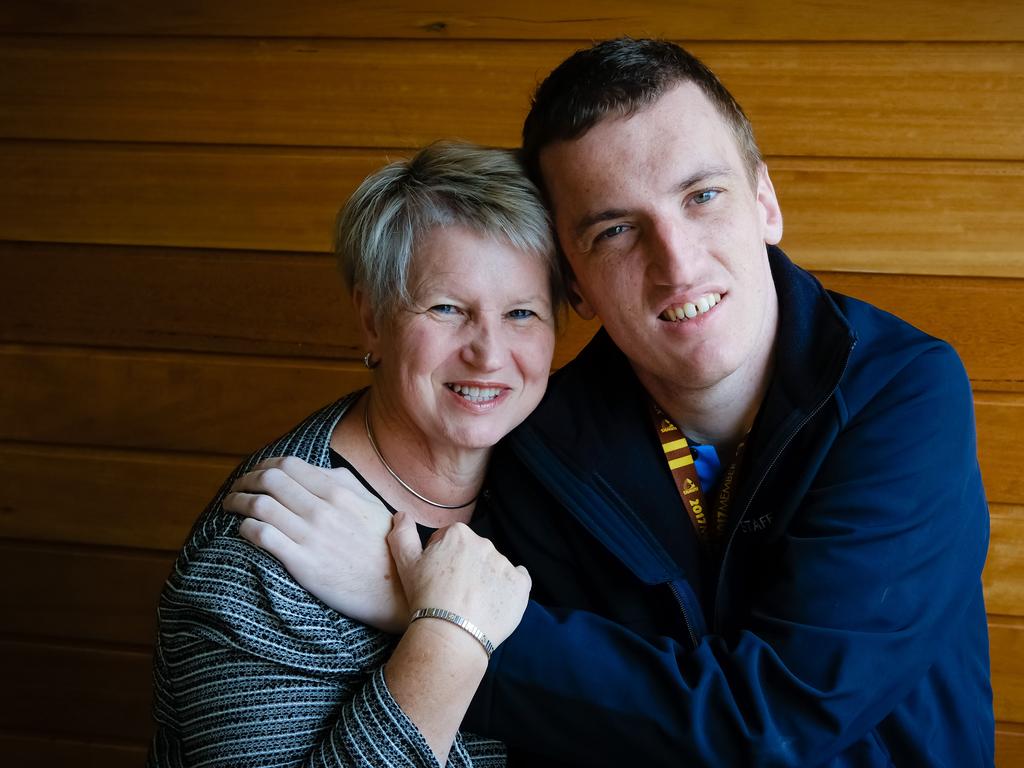NDIS patients face ‘traumatic’ appeals process
Participants are having to go to the Administrative Appeals Tribunal to find out why they were being kicked off the scheme despite no change in their circumstances.

Australians reliant on the NDIS are being forced into a “traumatic and arduous” appeal process at the Administrative Appeals Tribunal, disability advocates warn, due to the surprise cancellation of their support by the National Disability Insurance Agency.
People with Disability Australia policy manager Giancarlo de Vera said participants were having to go to the Administrative Appeals Tribunal to find out why they were being kicked off the scheme or having their services substantially reduced despite no change in their circumstances.
“Reasons for adverse decisions used to be provided verbally if there was a good relationship with a decision-maker, and this provided some certainty to people on what to do next,” he said. “Nowadays we often need to wait until we get to the AAT – seven months on average – before we even know why an adverse decision was made in the first place.”
It comes as The Australian revealed on Wednesday that AAT appeals regarding the NDIS have jumped more than 20 per cent in the past year, with almost all being finalised without a substantive hearing.
The complaints come amid a fight over the future of the scheme, with the government arguing the cost of the NDIS is on an “unsustainable trajectory”.
NDIA data from August shows spending running 18 per cent higher than the same time last year, but the Greens, Labor and disability advocates question the supposed cost blowout.
Rachael Thompson, NDIS appeals and advocacy manager at the Rights Advocacy Information Centre, said the NDIA had been “reducing plans by stealth”, with participants left with no choice but to appeal.
“The NDIS is engaging in a massive reduction in the size of people’s plans when they come up for review, which is what we were worried about with (the now-scrapped) independent assessments,” she said. “They’re reducing people’s plans by stealth, being more bold where people who’ve had a steady plan for several years and then all therapies are reduced with no reasons why.”
Jean Cotchin from Every Australian Counts said facing the NDIA’s “intimidating private lawyers” at the AAT was not a realistic option for most people with disability or their families and the numbers weren’t reflective of all participants that actually needed assistance. “The number of people with disability who don’t get the outcomes they need from the NDIA, and who don’t go through the appeals processes, are an even bigger group than the people who do take their case all the way to the AAT,” she said.
There were 2160 complaints this financial year, compared with 1780 in 2019-20, the AAT’s annual reports reveal.
An NDIA spokeswoman said the average payment per participant grew, from $39,000 in 2018 to $54,400 in 2021.
“It is incorrect to suggest participants only find out about changes to their plan after taking the matter to the AAT,” she said.
“The new proposed legislation will increase transparency by automatically requiring reasons for decisions to be provided by the NDIA, ensuring participants have greater access to their details and the decisions made about them.”
But Mr de Vera said the AAT process was an unnecessary burden for participants. “You have to ask why people with disability are needing to go through these processes when the NDIA could make it so much easier by providing reasons for all decisions automatically,” he said.
“When 95 per cent of our appeals work is settled in conciliation … it suggests the process is unnecessarily vexatious to get what we are legally entitled to.”
The NDIA told Senate estimates last year it had spent $13.4m on AAT legal costs in the 2019-20 financial year, up from $9.4m in the previous 12 months.








To join the conversation, please log in. Don't have an account? Register
Join the conversation, you are commenting as Logout